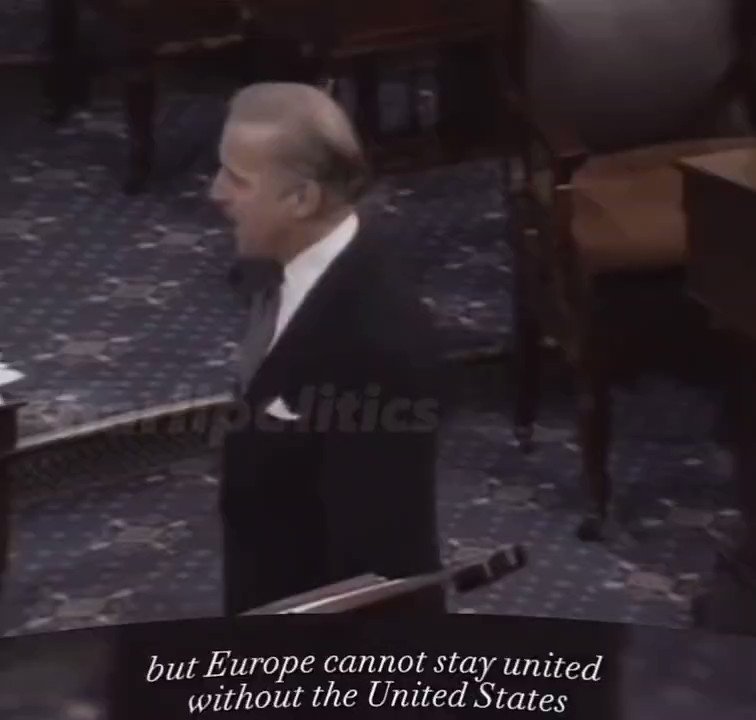In The End of History and the Last Man, Francis Fukuyama argues that our actually existing system of liberal democracy plus capitalism-with-redistribution is it. It is the end of history. We are living in it. Eventually, liberal democracy will spread around the globe and all economies will be integrated into a world capitalist economy.
When I started grad school in sociology in 2012, I heard Fukuyama laughed at. His argument looked particularly bad when Trump was elected in 2016. In the last few years, he’s come back into favor a bit with Biden’s election and Russia’s incredible weakness shown in its would-be war of conquest in Ukraine. These are just vibes, though: I never actually read Fukuyama.
Something about me: I come from a primarily critical tradition. I was the kid reading Howard Zinn in high school and loving it. I went to Oberlin College, which is well known for its leftist politics. I read a lot of Noam Chomsky on the side. I studied English there, and was advised to study geography or critical theory in graduate school because of, well, the critical-ness of it all.
As such I didn’t actually read many non-critical things. I read a lot of things criticizing the non-critical things. I would call Fukuyama fundamentally non-critical: he’s presenting a strong argument for the actually existing system we live in.
As I got older, I came to appreciate the value of what Teddy Roosevelt would call the “man in the arena,” and today we would call the “person in the arena” because we are less sexist as a society than we used to be. Basically, the person in the arena is the one actually doing stuff. You can’t be a cynical critic if you are doing stuff and facing the actual tradeoffs that reality presents you with. You don’t have time or energy to be a critic. Reality is tough, it humbles smart people and mocks many seemingly good ideas.
So I finally read Fukuyama at age 33, and he’s basically the intellectual person in the arena. He’s making a strong argument and set of predictions. I admire this. I also feel some sadness that I did not read more non-critical stuff when I was younger.
a thought on Fukuyama
Fukuyama’s argument basically has three parts. First, he argues that scientific progress means that history moves in a direction. Then, he argues that competition and decentralization make capitalism inevitable. Then he argues that thymos, or the desire for recognition makes the mutual-recognition-of-all-for-all in liberal democracy inevitable.
First off, I completely buy that science gives history a direction. Even if there were a nuclear apocalypse, we would still retain some of our basic hard-won scientific insights and not truly return to a society like those 5000 years ago. Think of the Fallout series of video games: we would have pre-modern mixed in weird ways with completely modern.
As I walked my dog this morning something struck me about the capitalism and democracy arguments. People have been arguing about democracy for thousands of years, but it’s not like you have Plato arguing for a capitalist economy. The inevitability of capitalism, I think, is Fukuyama’s stronger argument because it happened without people planning it. It was the outcome of a competitive system of early modern nation-states and it turned out that to succeed in that competitive environment you needed to do productivity growth and a bunch of other stuff that we would now call early capitalism.
You could counter this and say: this evolution happened primarily in (for the time) highly liberal countries like the Netherlands and England. Fair enough. But I think there’s something really compelling about the idea that if a system evolves to a state that nobody actually planned, we should take the existence of that state seriously.
a criticism of Fukuyama
This brings me to my biggest criticism (lol) of The End of History. I wonder if, had history gone a bit differently, we’d all be more like Singapore than the United States. Singapore nominally has a democracy but is in fact controlled by the People’s Action Party (PAP), basically making it a one party state.
Singapore is very, very capitalist, however. It is a wealthy, modern country. I wonder if the pre-eminent country in the world were more like Singapore than the United States for the last 100 years, would we be talking about liberal democracy worldwide, or would we be talking about only the inevitability of capitalism-with-redistribution.
Here are a couple of closing tweets.






“Plato and friends weren’t arguing for capitalism” etc is a good insight, I like it.
And yeah, I’m not worried about defending capitalism. It’ll survive. Imagine toppling a democracy -- pretty easy. It’s even the theme of Star Wars. But imagine toppling capitalism. It’s hard to think about what it would look like (barring apocalypse).